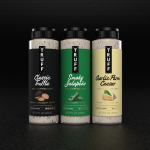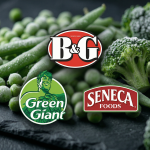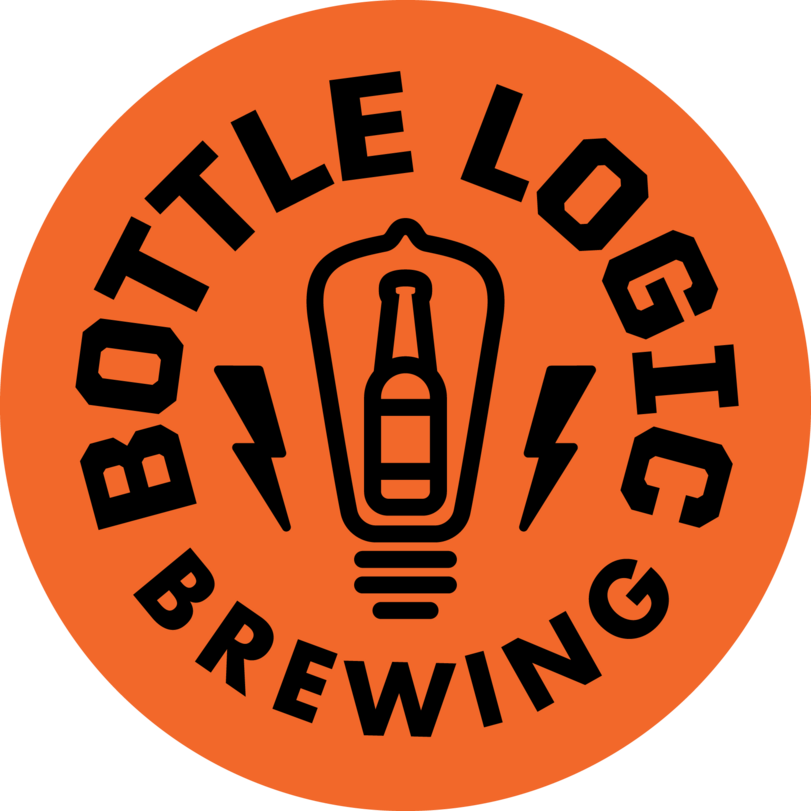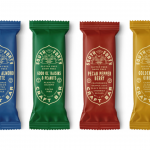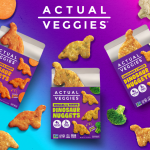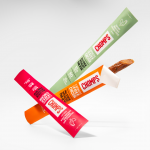Changing The Channel: Why Fabalish Is Bullish On Alt-Retail
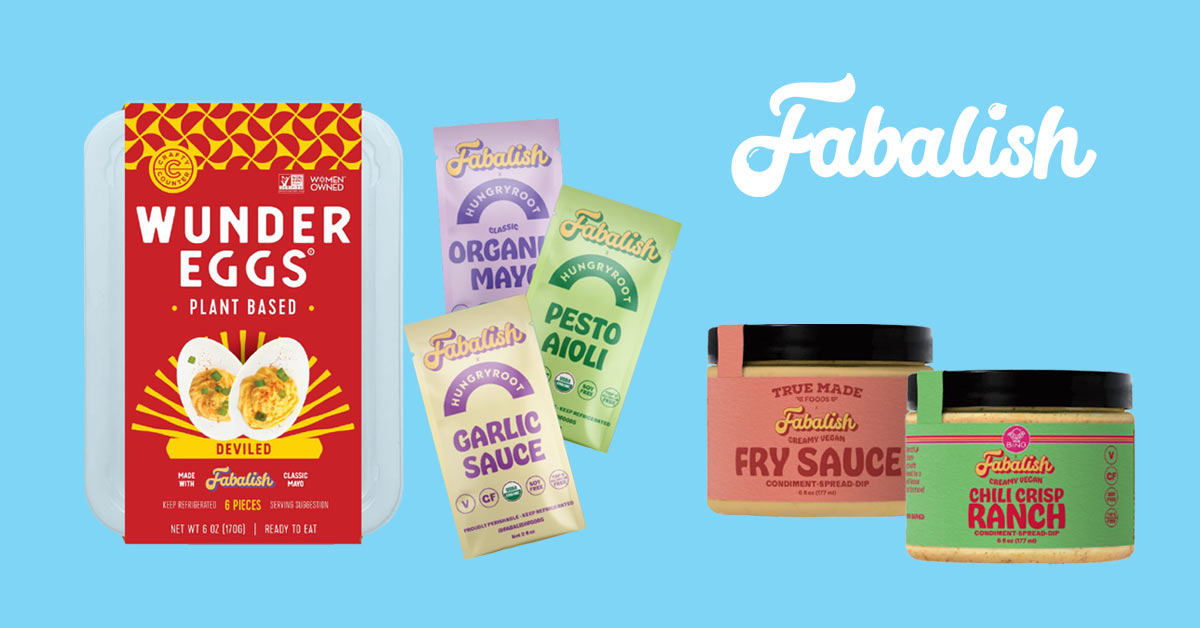
A discontinuation at Sprouts Farmers Market last year led the founders of Fabalish to retreat from retail and lean further into alternative channels. The New Jersey-based brand has forged successful partnerships with online grocery and meal delivery companies and is now well on the path to profitability.
Self-manufacturing is the key to this strategy, said co-founder Paul Majcherczyk. Fabalish produces its line of vegan spreads and chickpea-packed snacks at its own dedicated allergen-free facility and employs a team of chefs and a food scientist, who can quickly develop custom and co-branded offerings.
Take Purple Carrot, for example. The plant-based meal kit company requested single-serve sachets of the brand’s dips, which are formulated with leftover chickpea water (aquafaba) and typically packaged in glass jars. Fabalish purchased new packaging equipment to fulfill the order and within two or three months became Purple Carrot’s lead condiment supplier, Majcherczyk said.
“It just kind of took off, and when that happened, a lightbulb went off,” he said. “Purple Carrot very quickly became a huge account for us. And now we’re looking at doing more flavors for them.”
Similarly, Fabalish has created exclusive items for online grocer Hungryroot, including packets of garlic sauce and pesto aioli launching this summer.
“It’s very easy for us to customize and do something for our partners that a normal brand might struggle to do,” he said.
Through these and other partnerships in alternative channels, Fabalish is gaining exposure with minimal marketing effort, while avoiding many of the costs associated with traditional retail distribution – “In alt-channels, we’re way more profitable,” Majcherczyk said.
For now, physical retail accounts for a small fraction of the company’s revenue. Fabalish products currently are sold in a couple hundred independent and regional stores. Sprouts, which had carried its Classic Mayo and Chipotle Mayo, had been the brand’s biggest account prior to the delisting.
“We just didn’t have the budget to really drive velocity there,” Majcherczyk said. “You need a lot of capital to invest in proper promotions and marketing to drive the velocities on the shelf and build brand awareness, and it’s expensive to do that.”
Fabalish is planning an eventual push back into stores after achieving a healthy financial position and brand building through co-branded innovation. In addition to its collaborations with Purple Carrot and Hungryroot, Fabalish has developed products with like-minded condiment companies, including a Chili Crisp Ranch in partnership with Mr. Bing and a Fry Sauce with True Made Foods.
The company also teamed with Crafty Counter, the maker of WunderEggs, to whip up plant-based takes on deviled eggs and egg salad featuring Fabalish Classic Mayo. Products co-created with popular social media influencers are in the works, too, Majcherczyk said.
“We’re looking for more brands that have a similar philosophy and want to do some fun and work as a team,” he said, adding that such projects are “reinvigorating” amid the daily grind.
“The idea is that if we do more of these co-branded releases over the next year we can build up our brand recognition a bit more, and … when we go into retail we have more of that brand equity, we’re more recognizable, and it makes it a little easier to push the velocities.”


